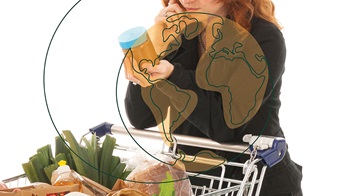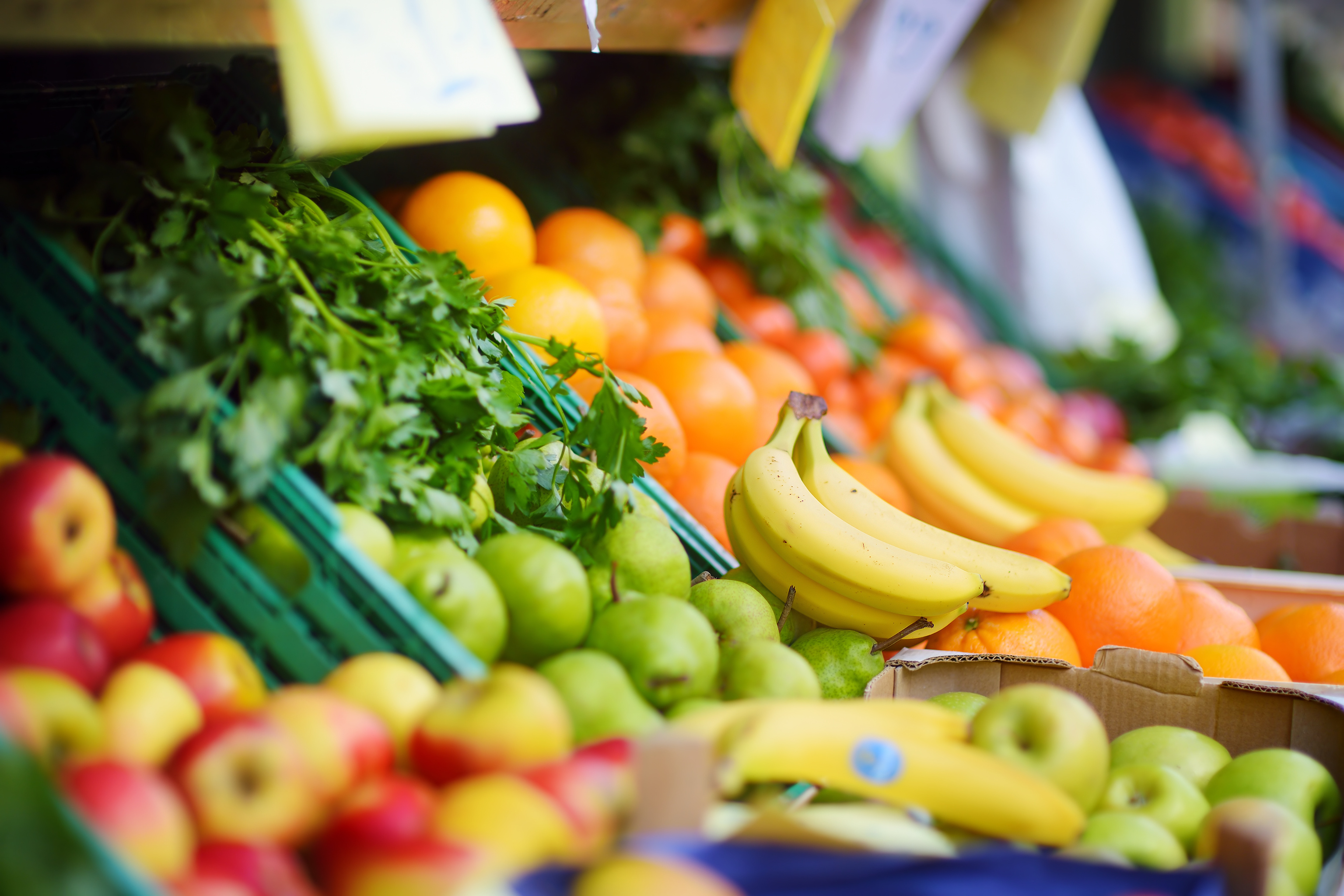This is the eighth installment in the FMI blog series on sustainability in the food industry. This series shares compelling research and covers aspects ranging from consumer perspectives to industry opportunities.
By: Steve Markenson, Vice President, Research & Insights, FMI
It's not enough for a retailer or manufacturer to follow sustainability practices.

Shoppers want proof.
That's the take from a preview of an FMI consumer insights research report about transparency that will be unveiled in early November — in collaboration with research partner NielsenIQ. This report will be wide-ranging, covering transparency-related topics including product labels, nutritional information, values-based information and perspectives about online vs. in-store shopping. Here's a sneak peek at one aspect of the research: the link between sustainability and transparency.
Shoppers Emphasize Importance of Transparency
In a consumer survey used for this research, shoppers were asked to weigh in about transparency.

Question: In general, how important is it that the brands or manufacturers you buy from be transparent (provide detailed information such as what is in their food and how it is made)?
Response: 76% of responding shoppers said it is extremely important or important that brands or manufacturers they buy from are transparent — a result that is up a few points from 72% in a similar survey two years ago and 69% in 2018.
This result is important because the survey also found that providing detailed information helps drive shoppers' trust and loyalty.
How Transparency Links to Sustainability
How do shoppers figure out whether a brand or manufacturer is being transparent? There are many factors and providing sustainability information is an important one.
A brand or manufacturer is being transparent if it provides…

These findings underscore that relaying sustainability details is directly associated with being transparent in the minds of shoppers.
Shoppers Want More Sustainability Information
Shoppers were asked about their interest in learning more information about products beyond what is typically available, such as on labels.
"I would like more information about products to understand how I can contribute to a better planet."
This shows that sustainability is a topic about which shoppers want more details. Providing this information will please shoppers; not providing it may have the opposite impact.
Opportunities for the Food Industry
We know from other FMI research that the food industry is making progress with sustainability. Following are two stats from the latest version of FMI's The Food Retailing Industry Speaks which relays that a significant percentage of retailers and suppliers have sustainability goals and time frames in place or are working on them.
55% of retailers used social and environmental responsibility in 2022 as a service differentiation strategy.
59% of retailers and 65% of suppliers used eco-friendly or sustainable living products as a product differentiation strategy.
Most food retailers and suppliers have quantifiable goals and time frames for food waste reduction, responsible sourcing, energy use reduction and package waste reduction.
Clearly the industry is making progress with sustainability practices. Companies can benefit by relaying this news to shoppers because they are looking for transparency on this topic. They want the details.
How to Learn More
Want more details? Learn more with these two opportunities:
- The full FMI Transparency report will be unveiled in early November.
- I will present the report's key findings along with NielsenIQ's Sherry Frey, vice president, Total Wellness, at The Center for Food Integrity (CFI) Transparency Summit 2023, to be held November 14 to 15 in Chicago.


 Industry Topics address your specific area of expertise with resources, reports, events and more.
Industry Topics address your specific area of expertise with resources, reports, events and more.
 Our Research covers consumer behavior and retail operation benchmarks so you can make informed business decisions.
Our Research covers consumer behavior and retail operation benchmarks so you can make informed business decisions.
 Events and Education including online and in-person help you advance your food retail career.
Events and Education including online and in-person help you advance your food retail career.
 Food Safety training, resources and guidance that help you create a company food safety culture.
Food Safety training, resources and guidance that help you create a company food safety culture.
 Government Affairs work — federal and state — on the latest food industry policy, regulatory and legislative issues.
Government Affairs work — federal and state — on the latest food industry policy, regulatory and legislative issues.
 Get Involved. From industry awards to newsletters and committees, these resources help you take advantage of your membership.
Get Involved. From industry awards to newsletters and committees, these resources help you take advantage of your membership.
 Best practices, guidance documents, infographics, signage and more for the food industry on the COVID-19 pandemic.
Best practices, guidance documents, infographics, signage and more for the food industry on the COVID-19 pandemic.
